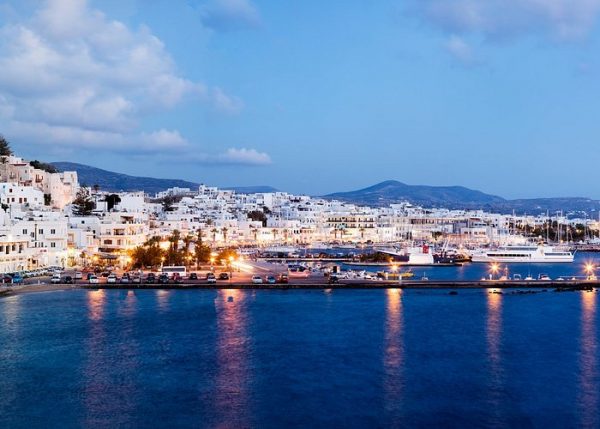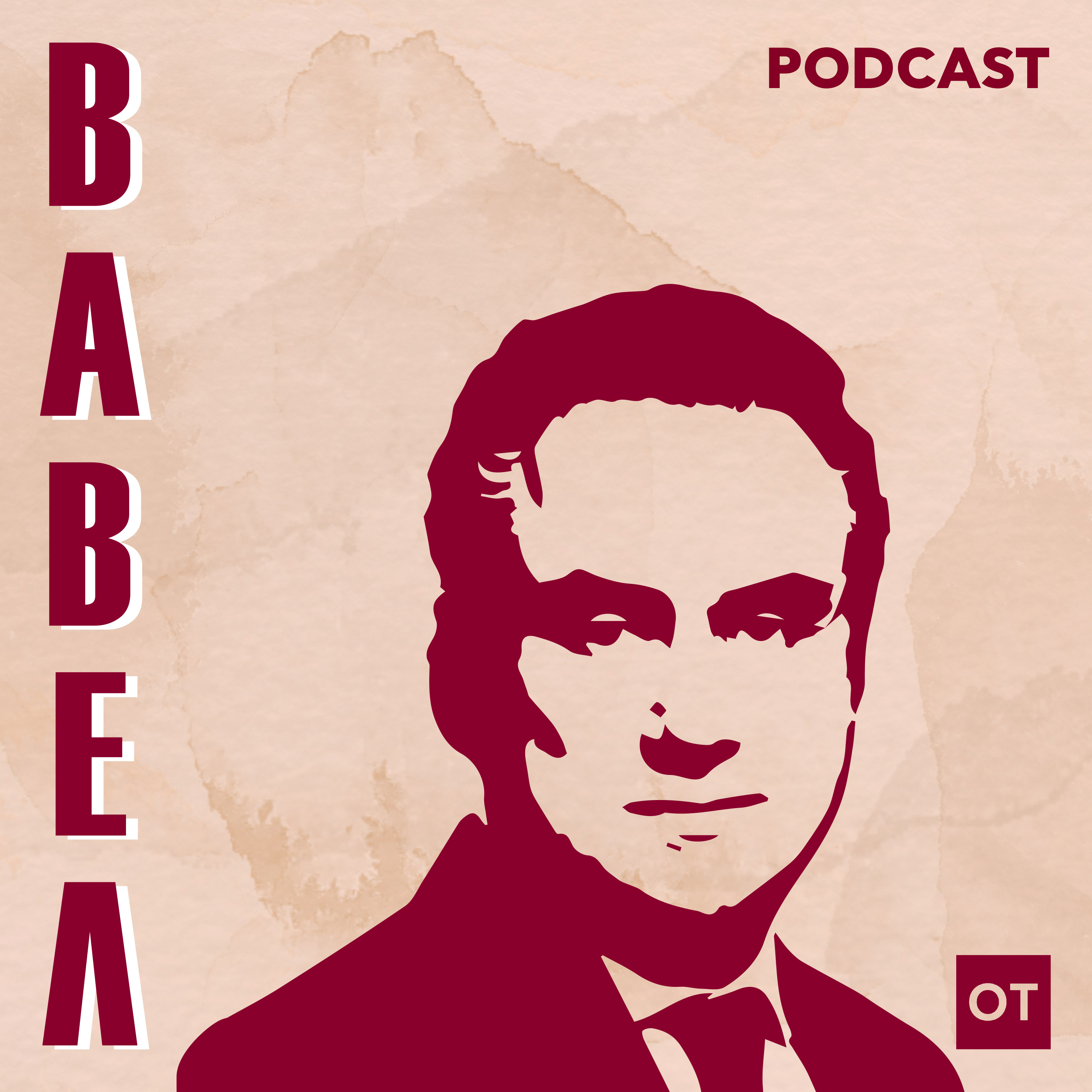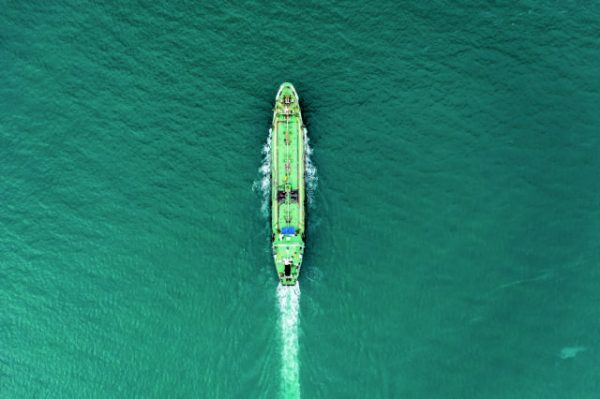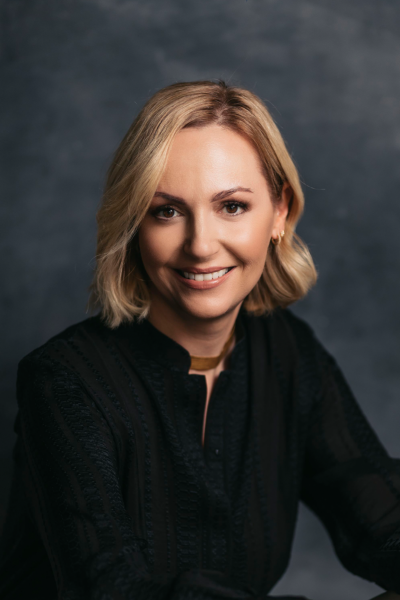
In light of Posidonia 2022, I would like to dedicate this article to women working in the maritime sector, whether on land or at sea, but I would like to point out that the main elements of the public debate on women in the workplace concern women in almost all sectors. In fields where traditionally the proportion of men is significantly higher, such as technology or shipping, these figures appear to be more pronounced. However, although it seemed more difficult to change the mindset and perspective of conditions, significant progress has now been made and the results are evident and encouraging.
The general data can be summarised as follows:
- Firstly, there is undeniable gender inequality at the expense of women in the labour market – as old a phenomenon as the labour market itself! Women are underrepresented in decision-making and leadership in business, public institutions and organisations, as well as in politics. And certainly, there are no women in leadership levels because their percentage is already lower than the first hierarchical levels, as inequality is often due to the fact that gender is frequently the selection criterion of an employee. At WISTA (Women’s International Shipping & Trading Association) we believe and strive for equal opportunities and for the elimination of segregation of male- or respectively female-dominated professions, regardless of the sector. For example, the maritime profession was traditionally intended for men and teaching for women. But neither should be inscribed in stone, especially during an era of great change and the fluidity of the situations we are experiencing. In maritime shipping the overthrow has already taken place, as we now have a large percentage of women in low and middle management levels, so in a few years their representation at leadership levels as well will have normalized. Additionally, there are many examples of women exceling in leadership positions in national and international maritime organisations.
- Secondly, and speaking again on a global level regarding the labour market in all sectors, despite the fact that data on the benefits of gender diversity concerning women and business management globally are indisputable; governments or institutions are legislating and businesses make promises, but little progress is actually being made on this issue. Also, any change is often made simply to achieve a “virtual” alignment with EU Directives or agencies, without these changes permeating the governance or business leadership model.
- Thirdly, where there is a problem, this is exacerbated by the emergence of unpredictable and disruptive factors. An example is the recent pandemic that has operated aggravatingly, and continues to act as a brake, one could say, in the global effort to eliminate gender diversity that has favoured men. This is reflected in the evolution and career progression indicators of women with very discouraging findings.
- Fourthly, there is also good news in this debate! Historical data show that progress is being made –which is indeed noteworthy– in efforts to resolve these issues, although the path is still long and full of hindrances. A significant increase in public information and social awakening is observed regarding this issue, but with comparatively slow progress, which is mainly characterized by periods of great stagnation following progressive moves, with the recent example of the pandemic, as I mentioned earlier.
Turning now specifically to the issue of maritime shipping, I would like to add some specificities that historically facilitated the prevalence of men in administrative positions, such as staffing offices with people who had previous experience at sea. In general, maritime shipping is also perhaps a more demanding day-to-day business – for example, there are no set working hours; I do not mean that working hours are extended, but literally that the concept of working hours is abolished, as the ship, that is, the remote shipping business unit, operates 24/7. Maritime shipping is also a fully globalised activity, so the time difference between states and continents always keeps you in a ‘working mode’.
Women do not make sufficient use of professional networking, perhaps because they encounter obstacles as they attempt to combine all roles under one title, seeking to be equally effective in all these roles and trying to find enough time for all. Fortunately, however, they have been credited with managing time, organising projects and being dedicated to the goal.
I believe that one of the main obstacles that women encounter in achieving their objectives is the established social standards and chronic gender bias. Certainly, genders are different physically, but not mentally. And the important word here is “diversity” and not “difference”. The word “diversity” encompasses the concept of multiformity in the way issues are approached, in the perspective of problem solving, in the management of situations, in the view of micro- and macro-management in a company, in the management model, and much more. The efficient combination of all these diversities yields the best results, while the word “difference” contains the notion of contrast, confrontation, and controversy – concepts that do not work effectively in management and business development models.
Therein lies the usefulness of organisations that do not aim at strengthening the differences, but at supporting people in order to cultivate their special characteristics as well as to empower elements such as self-confidence, faith in one’s abilities and healthy competitiveness, to learn to claim better jobs, better pay, better working conditions, to seek recognition when they deserve it and reward when they earn it – especially in regard to women.
WISTA International, a global organisation with a presence in 55 countries, and in Greece as WISTA Hellas with 29 years of existence and second in force worldwide, operates in this context. It does not focus on gender diversity exclusively, but on the skills and characteristics that each individual cultivates through continuous and lifelong education and experience. WISTA considers that women and men are equally useful people in the world and in society. It does not address the much discussed issue of gender equality per se, but places it in a more general context of equal opportunities and equal treatment of workers, because only in this way will we ensure sustainable growth, a stronger economy and a more prosperous society. WISTA strives for the inclusion and acceptance of diversity in every profession, but also in every society. It seeks equal opportunities for all, equal treatment, equal pay and believes that evolution is a matter of qualification and individual efforts, not gender.
Certainly, WISTA has made a great effort to be considered as an equal interlocutor in international fora for maritime shipping. In July 2018, the IMO approved the application of WISTA International to be granted the ‘consultative status’ – a consultant role with which the organisation has the opportunity to promote diversity, professional integration and women’s empowerment. In January 2020, a Memorandum of Cooperation was signed between IMO and WISTA International, aiming at the technical cooperation and continuous promotion of diversity through enhanced and coordinated actions in maritime shipping.
I would like to conclude with something that may seem self-evident, but must be repeated until it is instilled in the culture of society and entrepreneurship. The new path to be followed by companies and governments is clear: to cultivate a new culture and working environment in which women’s participation is highlighted, and to invest capital and human resources towards inclusion, equality and diversity in all working environments.
Ms Elpis Petrakis is the president of WISTA Hellas, Operation, Chartering & Business Development Manager, ENEA MANAGEMENT INCE, and 2nd vice president of the Hellenic Shortsea Shipowners Association.
Latest News

BoG Figures Confirm Banner Year for Greek Tourism in 2023
20.6 billion euros in related revenues topped the previous year’s figure by 16.5%

Piraeus Bank to Propose First Dividend in 16 Years
Piraeus Bank has forecast profits of roughly 900 million euros this year, rising to one billion euros next year

Eurostat: Inflation in Greece Eases to 3.2% in April; 2.4% in Eurozone
The rate of increase for food prices was up by 4.9% in April 2024, compared to 4.8% in the previous month

ELSTAT Feb. Retail Turnover Drops by 3.8%, Sales Volume Plummets by 9.8%
Additionally, the seasonally adjusted General Volume Index for Feb. 2024 experienced a 3.8% decrease compared to the previous month of the same year

Greek Buyers Lead Return to Vacation Home Market
In the last six months, Greeks have made a surge into the vacation home market, notably without relying on loans

NBG Receives BBB Investment Grade by DBRS
This makes NBG the first Greek bank to regain Investment grade status, nearly 15 years after the onset of the Greek financial crisis

Greek Gov. Budget: Primary Surplus 3bln in Q1 2024
Value Added Tax (VAT) revenues reached 5.876 billion euros, down by 16 million euros compared to the target

Athens’ Public Transport System Gets Green “Facelift”
The future of urban transport in Greece's capital city includes electrification, hydrogen, kinetic energy and even heighted security and monitoring through the use of drones

Athens Int’l Airport: 16.2% EBITDA Increase and 16.5% Passenger Growth in Q1 2024
Following the strong performance in the first quarter, the company revised its annual passenger traffic forecast for 2024 to 29.9 million passengers, a 6.3% increase (or roughly 1.8 million passengers) from 2023 levels.

Oxford Economics Report: Greek Economy is Just Below Risk Zone
However, the report points to a persistent challenge in the form of commercial credit risk, which remains high at 8 out of 10, ranking Greece 104th internationally















![Τουρισμός: Πόσα ξόδεψαν και πόσο έμειναν οι ξένοι επισκέπτες το 2023 [πίνακες]](https://www.ot.gr/wp-content/uploads/2024/02/ot_tourist_santorini2-90x90.png)

![ΤτΕ: Το top10 των περιφερειών με τα περισσότερα τουριστικά έσοδα [πίνακες]](https://www.ot.gr/wp-content/uploads/2024/04/02tourismos10-1-90x90.jpg)
























![Τουρισμός: Πόσα ξόδεψαν και πόσο έμειναν οι ξένοι επισκέπτες το 2023 [πίνακες]](https://www.ot.gr/wp-content/uploads/2024/02/ot_tourist_santorini2-600x352.png)

 Αριθμός Πιστοποίησης Μ.Η.Τ.232433
Αριθμός Πιστοποίησης Μ.Η.Τ.232433